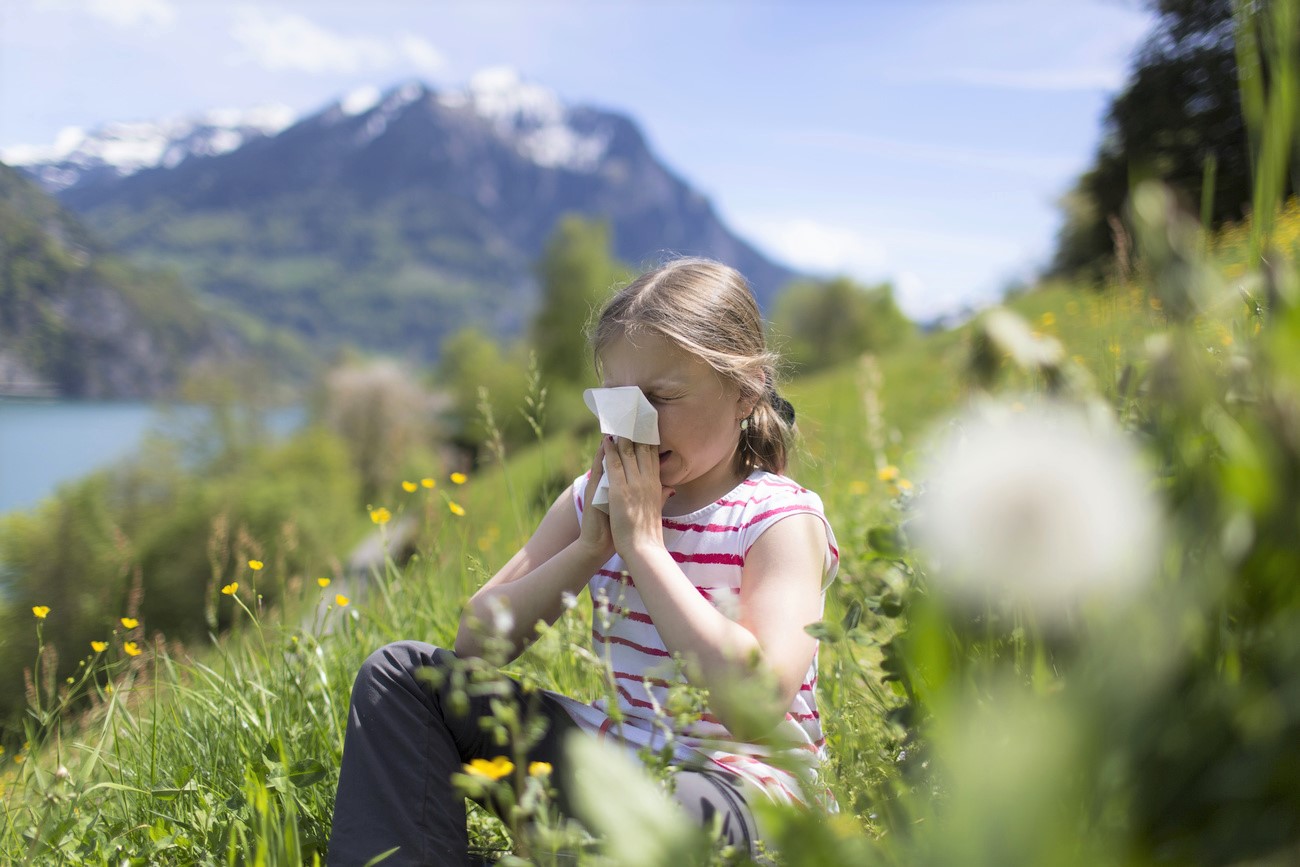
Intense pollen year leads to severe stress for allergy sufferers

The plant growing season and therefore the pollen season are coming to an end. Looking back, the pollen year 2023 was difficult for people with allergies.
It started very early and brought sometimes high concentrations of grass pollen.

More
New technology brings relief to people with pollen allergies
Normally there is only a little pollen in the air from October to January, as the weather service Meteonews wrote in its pollen balance on Wednesday. In 2023, as in the previous year, hazels and alders bloomed in the first half of January or even at the end of 2022 due to the mild temperatures.
Typically, these plants begin to bloom in late January – early February. In the north, hazel and alder pollen decreased in mid-February, but a strong increase in these allergenic pollens began at the end of February.
The season of the most important allergenic tree pollen from ash and birch was a constant up and down in concentration due to the changeable weather in the main flowering season of April.
In the south, release of the main allergen, grass pollen, began earlier than normal at the end of March. From mid-April there were already high concentrations.
In the north, the grass pollen only arrived towards the end of April and was therefore normal. In the first 20 days of May, the rain repeatedly washed out the pollen. At the end of May, however, the grass pollen concentration was high to very high. It stayed that way in June. The level only fell in July. Overall, the grass pollen count was significantly above average.
In August there was a lot of ragweed pollen in the air, especially in Ticino and Lake Geneva. Most of this was blown over from Italy or France. The invasive and highly allergenic plant is spreading particularly strongly there as a field weed. According to Meteonews, the fight against it has been quite successful in Switzerland so far.
This news story has been written and carefully fact-checked by an external editorial team. At SWI swissinfo.ch we select the most relevant news for an international audience and use automatic translation tools such as DeepL to translate it into English. Providing you with automatically translated news gives us the time to write more in-depth articles. You can find them here.
If you want to know more about how we work, have a look here, and if you have feedback on this news story please write to english@swissinfo.ch.

In compliance with the JTI standards
More: SWI swissinfo.ch certified by the Journalism Trust Initiative





























You can find an overview of ongoing debates with our journalists here . Please join us!
If you want to start a conversation about a topic raised in this article or want to report factual errors, email us at english@swissinfo.ch.